1921 (Taisho 10) Wednesday, August 17 There was a news report that Jiro Miyamoto, an employee of the lumber department of Mitsui’s Ji-Ling branch office, was arrested by bandits and demanded a ransom. On August 11, Mr. Miyamoto, about 8 kilometers from Jilin across the Song Hua River, was attacked by 50 bandits and was taken with Chinese. He was the captain of the bandits who attacked, and he was called Cao Shang-Fei. Cao Shang Fei means “fly over the grass ”. It is a word to describe an animal or a person who runs at a very fast speed on the ground, and of course it is not his real name but his nickname. Bazoku in those days often called each other by such nicknames, and their real names were unknown. Cao Shang-Fei demanded that Mitsui pay 5 million yen as ransom, 2 guns of type 38, and 1,000 rounds of ammunition. It is not known whether Mr. Miyamoto was released or not since there are no documents. Cao Shang-Fei, the leader of the bandits, became a clear anti-Japanese force after the Manchurian Incident occurred in 1931. The group led by Cao Shang-Fei worked together with famous anti-Japanese bandits such as “Lao Bei-Feng (Zhang Hai-Tian)”, but in the beginning of 1932, they were reported to have been killed in a battle with the Manchukuo Police and the Japanese Kwantung Army near Tian Zhangtai in Yingkou City, Liaoning Province, also known as a fierce battlefield of the Sino-Japanese War.
By the way, the existence of bandit is hard to imagine for us living in the present age. Bazoku is primarily a gang of robbers, but at the same time, it is a cavalry armed group that functions like a local vigilante. The current impression of China as a very powerful centralized state tends to be dragged by that image, but since the Ming Dynasty, especially in the Qing Dynasty, the situation of a very decentralized “ultimate small government” has been established. The influence of the central government does not reach the lowest level. Especially in rural areas, they had to do something by themselves. The government collected some taxes, but they did not interfere significantly, and they did not provide any public services. As a result, independent outlaw organizations tended to emerge in rural areas. When they become huge, they become like Taiping Heaven and Boxers. Bazoku at that time can be thought of as such an organization. In the first place, Zhang Zuolin, who took control of the three eastern provinces, was originally from Bazoku.
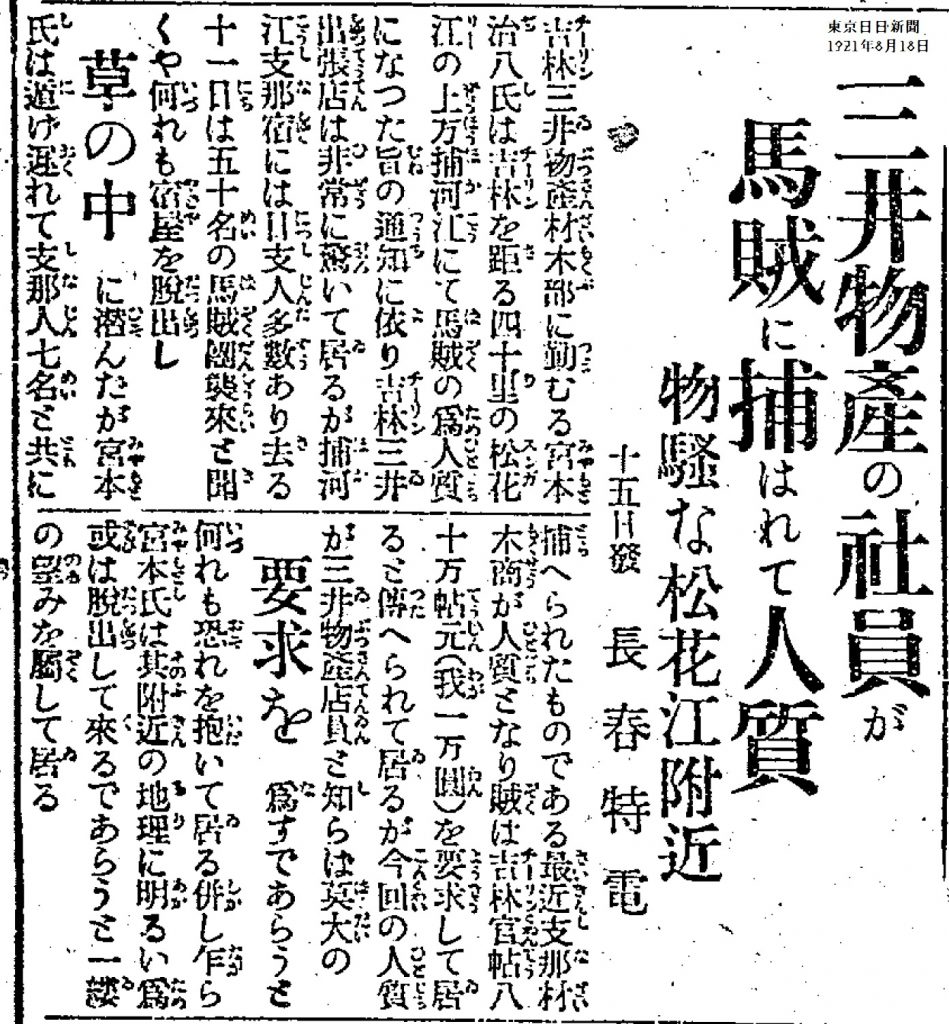

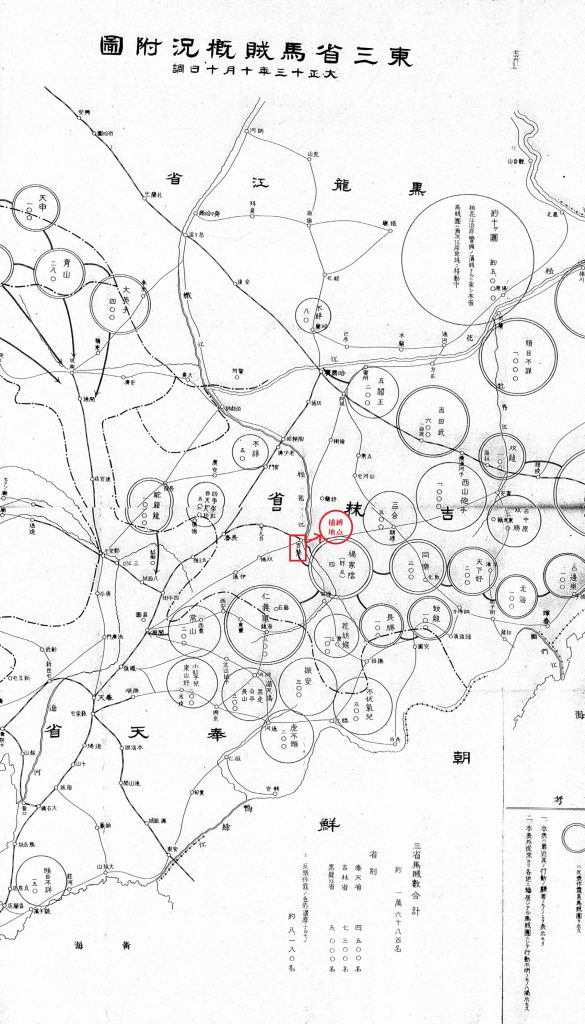
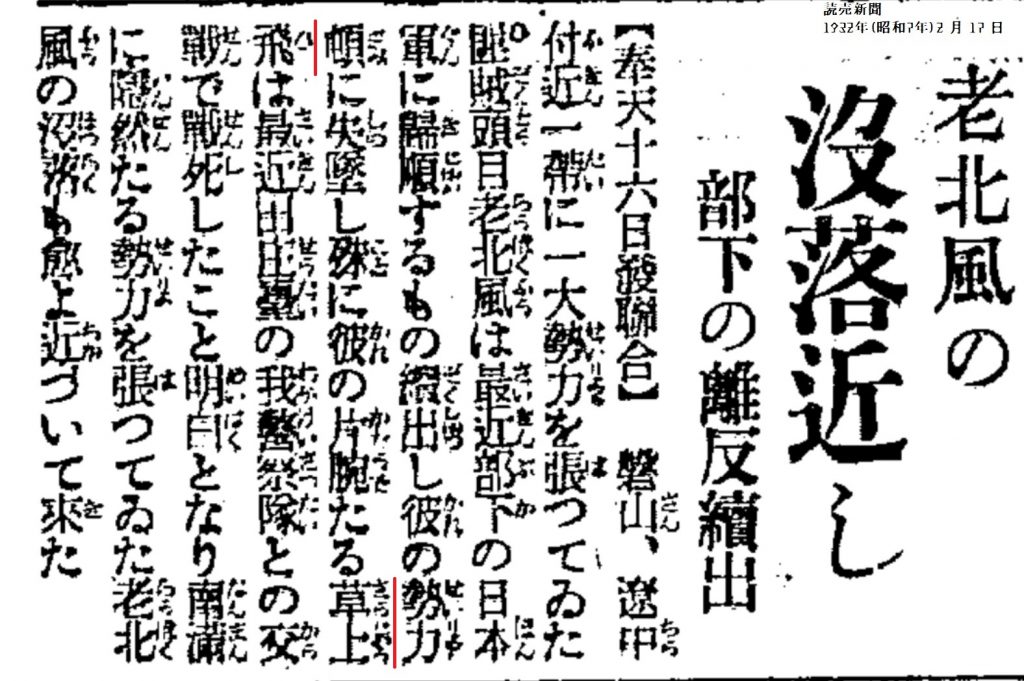
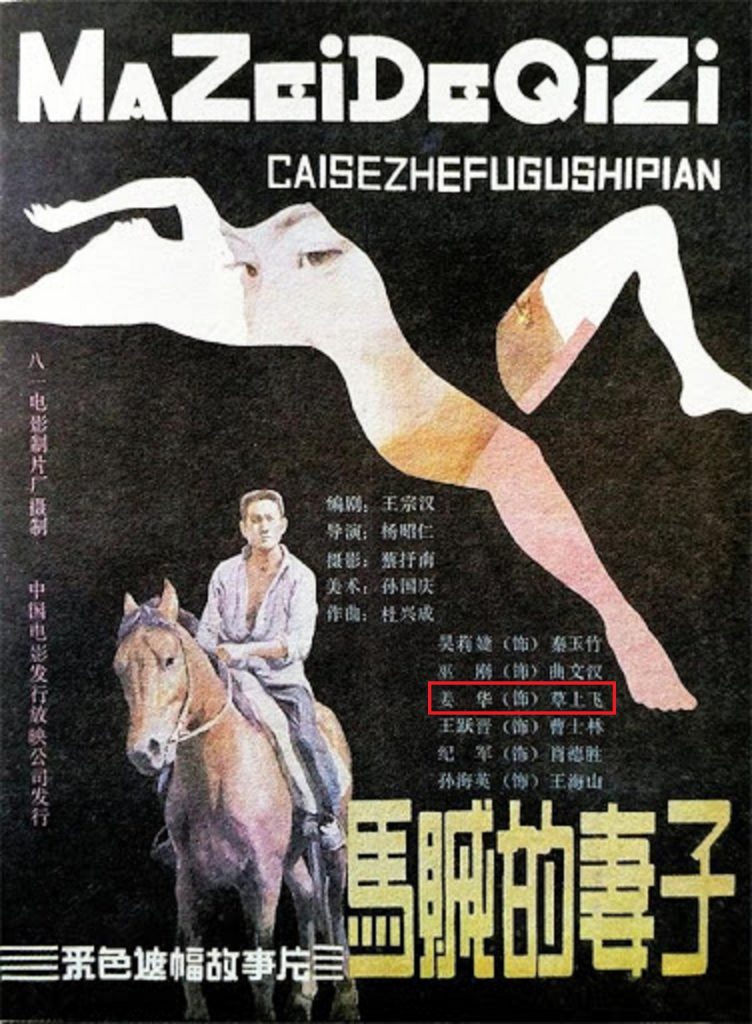

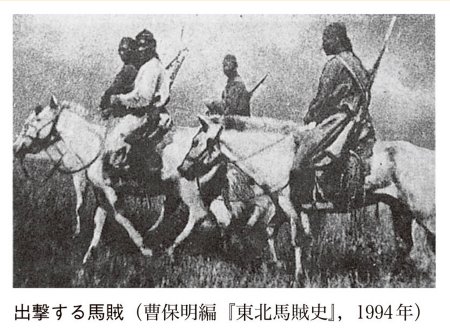



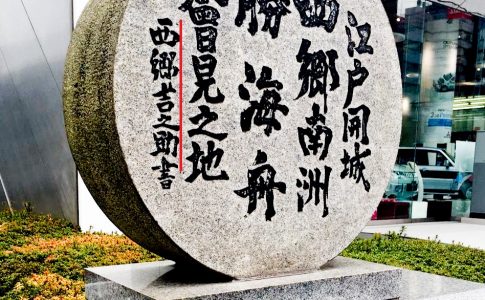
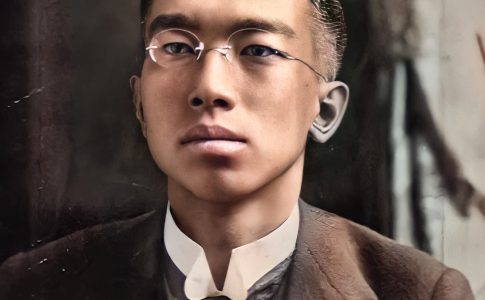
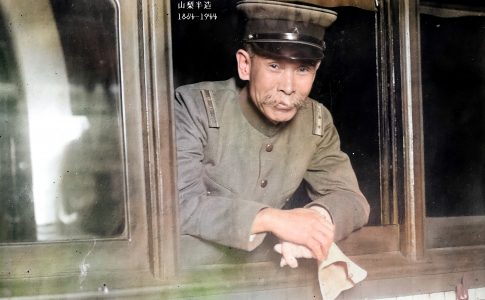
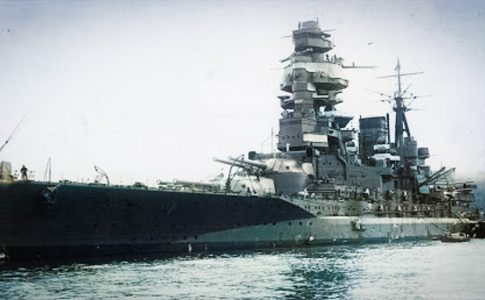

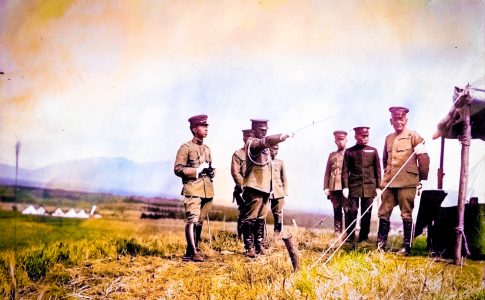
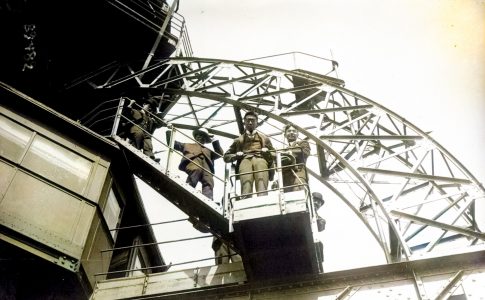
Leave a Reply